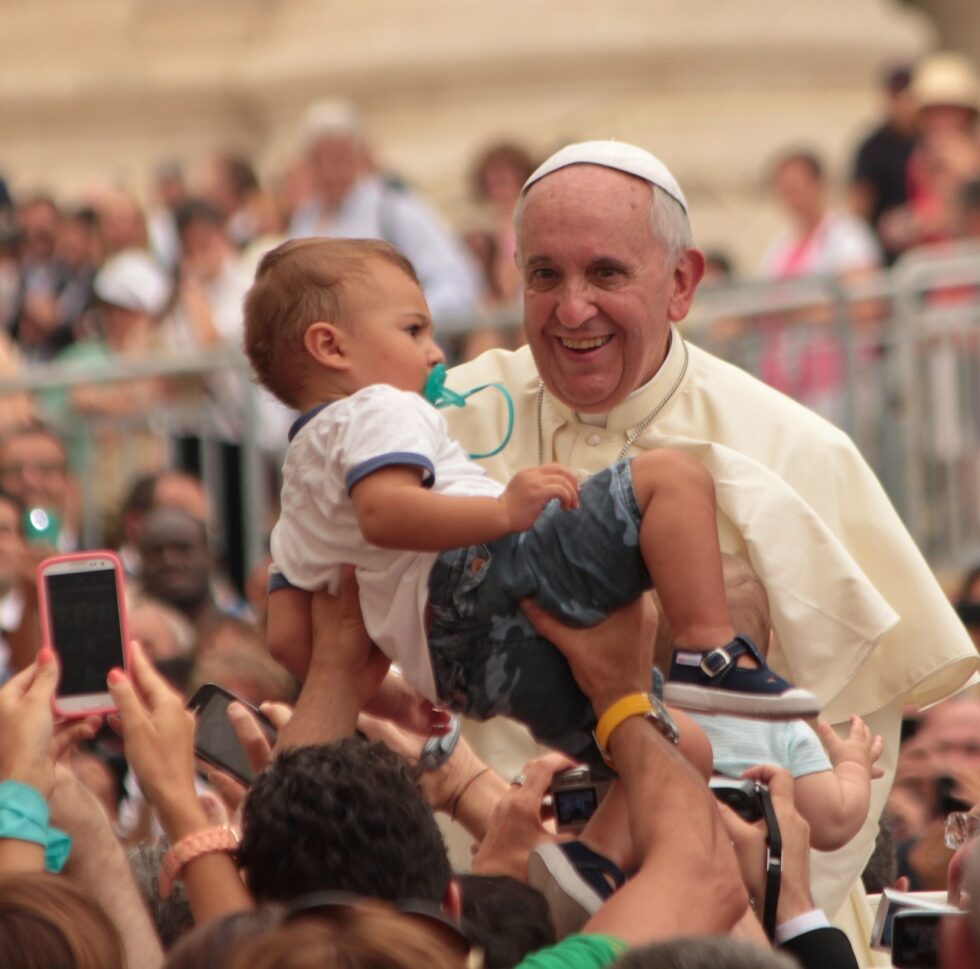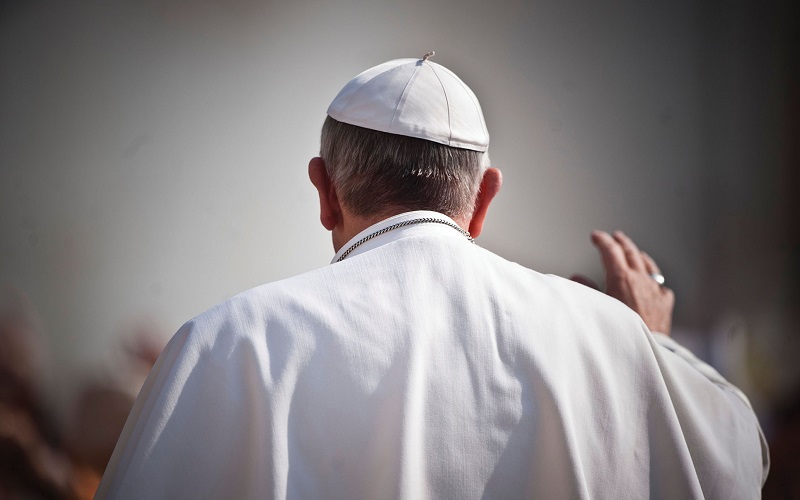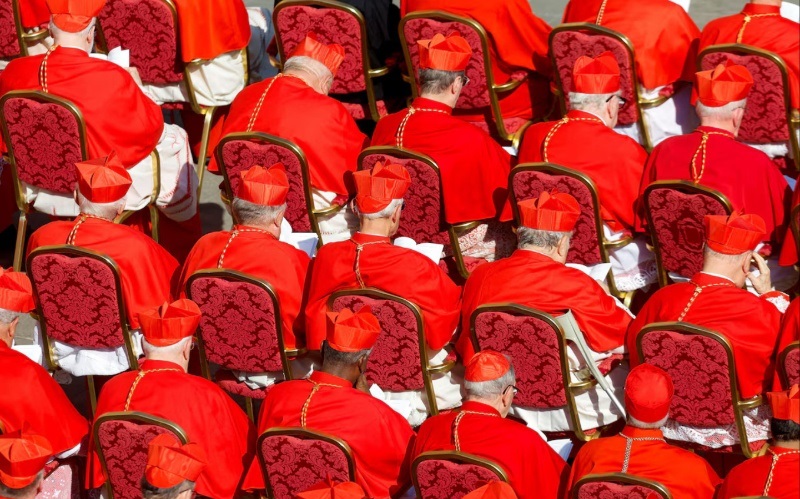
Markets are very volatile, trust in the US is slipping, and a trend towards multi-alignment could disrupt the existing international architecture. The Vatican will also be confronted with these problems
Pope Francis’s funerals on Saturday 26 will end a very turbulent few days when American markets rose and slipped following US rumors of ongoing trade talks with China and Beijing’s rebuff.
There are currently no economic and trade negotiations between China and the United States,” He Yadong, a spokesperson for China’s Ministry of Commerce, said on Thursday. “Any claims about progress in China-U.S. economic and trade negotiations are baseless rumors without factual evidence.”
Bloomberg had reported that[1] US Treasury Secretary Scott Bessent told a closed-door investor summit Tuesday that de-escalation will come soon.”
The Chinese statement resurrects concerns that the 145% tariffs on Chinese imports to America could spike inflation, trigger a severe recession, and bring the American economy to a standstill. Beijing demands that America remove all unilateral US tariffs to move forward with the talks.
Chinese leaders are generally wary of America and may trust Trump even less because of his harsh dealings with allies. The ongoing discussions regarding Ukraine might reinforce this sentiment. Why is the US pressing Ukrainian President Volodymyr Zelensky so hard for concessions to Russia? Why does Russian President Vladimir Putin face no tariffs, and is there talk of lifting sanctions against Russia as soon as a truce is signed? A Chinese observer might suspect that the US seeks to align Russia against China.
In this context, Beijing could simply play along: let the US pressure Ukraine while Moscow raises the stakes later. China can try to gain anything from the US without committing to any agreement. Meanwhile, America’s international credibility would continue to unravel.
The Nikkei reported[2] on discussions in Washington regarding a new diplomatic trend known as “multi-alignment.” Indian Prime Minister Narendra Modi could serve as a model for this approach, as Charles Kupchan noted. Modi is expected to visit the US for a state dinner, then embrace Putin in Moscow and meet with Chinese President Xi Jinping at a BRICS summit.
The US’s indiscriminate wave of tariffs against both friends and foes, combined with its questioning of NATO and facile overtures to adversaries, has created fissures in alliances and led to an environment of multi-alignment—where everyone interacts with everyone else, and everyone doubts each other’s true motives. This situation underscores the growing mistrust of American intentions.
Multi-alignment may represent the death of alliances, creating a world in which everyone is suspicious of one another, potentially sliding into war and chaos at any moment. Presently, the center of many alliances, and the keystone of global political architecture, America may lose the most in this scenario and become more isolated. China has nothing to lose and everything to gain; it has no true allies and is suspicious of the present world order.
China can then take no action to hinder the perceived American decline. It also presents a significant propaganda opportunity. Beijing can tell its citizens, “Look, the US is losing its grip.”
It also represents a boon for India. There are concerns regarding the US; the EU has no political unity, the UK and Japan are relatively small, and skepticism toward China persists. Thus, India might emerge as the belle of the ball; its demographic size, economic potential, and geographic positioning make it crucial in envisioning any future political landscape.
However, India still has no heavy geopolitical or economic weight and faces many domestic issues.
The disruption of the present political architecture seems to advance without any new order replacing the old one.
In a world in chaos, the role of the next papacy could be crucial. It’s now the only place with enough influence to talk to anybody and be trusted by all. This is a huge challenge for the Holy See, and maybe it should be considered when electing the new Pope.
[1] https://www.bloomberg.com/news/articles/2025-04-22/bessent-sees-de-escalation-with-china-situation-unsustainable?srnd=homepage-americas&sref=qzusa8bC&utm_source=substack&utm_medium=email
[2] https://asia.nikkei.com/Spotlight/Trump-administration/Bomb-or-bandwagon-US-foreign-policy-scholars-debate-Japan-s-future








